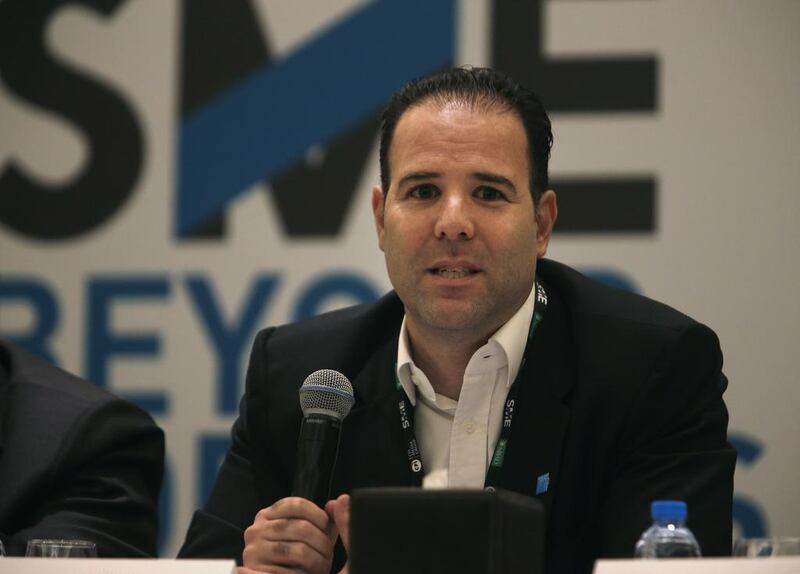Small and medium sized businesses in the region need to embrace wellness programmes to improve their bottom line, reduce absenteeism and improve productivity, according to analysts and industry experts.
Medical inflation amid mandatory healthcare insurance requirements and an increase in premiums might spur employers to implement such preventive programmes, which have traditionally been neglected in the region, according to Robin Ali, the founder of the Consilient healthcare advisory firm.
“Wellness programmes need to be more than just screening, and need to be an ongoing programme with feedback from employees,” he said.
“These need to address physical, occupational, psychological, environmental and social aspects of health at workplace.”
He was speaking on the sidelines of the SME Beyond Borders conference in Dubai yesterday.
The benefits of such programmes for smaller businesses include a better ability to attract talent, especially those who might need flexible work hours.
“We might not give the best package as a big company, but we offer above minimum health insurance as it helps attract top talent and makes sure they stay,” said Thea Myhrvold, the founder and managing director of EdTech Solutions, which runs online learning classes under the platform called Teach Me Now. “It is also helpful to attract working mums who are an untapped talent pool in the region.”
The Dubai-based company, which was formed in late 2013, started to hire last year. It now employs nine people, including Ms Myhrvold.
The premiums are rising every year, but it is more cost-effective to pay for the premium of nine people than when she had to pay for herself alone, she said.
To cater to the growing number of SMEs looking to buy health insurance following the mandatory health insurance regulation in Dubai, Bupa Global and its partner in the UAE, Oman Insurance Company, will launch a redesigned programme for SMEs next month for Dubai and the Northern Emirates.
“It would have choices based on restrictions on geographical coverage, restrictions of network and introduction of co-pay,” said Karim Idilby, the general manager for Bupa Global’s Middle East division.
Bupa has 600 SME clients covering around 6,000 employees with each having anywhere between three to 80 people. It has seen the number of its SME clients grow by 5 to 7 per cent since last year as the mandatory health insurance requirement in Dubai took effect.
“The current trend is that there are not enough options, either you get covered for everything or not,” he said. “The challenge for SMEs is to get the right plan for their employees.”
There are about 135,000 companies that have fewer than 100 employees in Dubai. These SMEs are in the final group of employers who to had to adopt mandatory health insurance for their employees by the end of June.
About 40 per cent of these already provided health coverage to their employees, according to the Dubai Health Authority in June.
ssahoo@thenational.ae
Follow The National's Business section on Twitter





